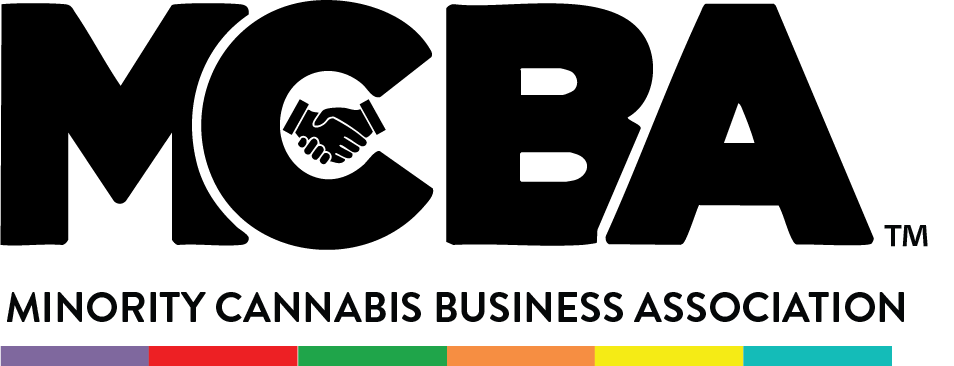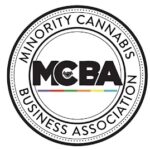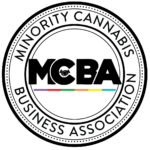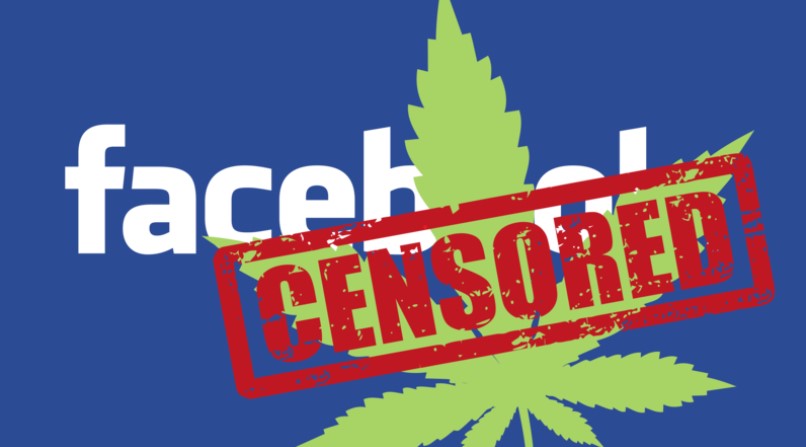
©: Change.org
The cannabis industry’s relationship with social media giant Meta remains complicated, as highlighted by recent developments in the company’s content moderation policies. While Meta has announced plans to scale back certain fact-checking measures across its platforms, the Minority Cannabis Business Association (MCBA) argues that true free speech remains elusive for state-legal cannabis businesses.
The disconnect is particularly stark given the industry’s economic impact. The regulated cannabis sector now generates over $30 billion in revenue and employs more than 400,000 people full-time across the United States. Despite this significant economic footprint, many legitimate cannabis businesses face continued restrictions on their digital presence through algorithmic suppression, commonly known as “shadowbanning.”
“Meta’s new direction suggests a commitment to free speech, but if that commitment is genuine, it must include licensed cannabis businesses,” says MCBA President Frederika Easley. “State-legal cannabis operators adhere to strict regulations, pay taxes, and serve consenting adults who want reliable information. Silencing their voices doesn’t protect anyone, it just keeps consumers in the dark and stifles the industry’s growth and innovation.”
The issue gained additional attention following high-profile cases of account restrictions affecting major industry players. Parallel, a multi-state cannabis operator, and BCB Mastermind, a cannabis business consulting firm, both reported experiencing severe engagement drops and restricted visibility on Meta’s platforms, despite operating fully within state laws.
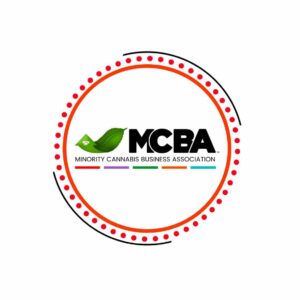
These restrictions extend beyond just cannabis content. Meta’s current advertising policies have been criticized for disproportionately affecting women-owned, minority-owned, and small businesses across various sectors. The MCBA, which represents over 250 state-legal cannabis businesses, notes that these policies create particular challenges for minority entrepreneurs in the cannabis space who already face higher barriers to entry.
The impact of these policies manifests in multiple ways: legitimate business accounts face sudden shutdowns, advertising capabilities are severely restricted or completely halted, and organic reach is artificially limited. For small businesses that rely heavily on social media for customer engagement and growth, these restrictions can be particularly damaging.
Industry advocates argue that Meta’s approach is increasingly out of step with legal and social progress. In states where cannabis is lawful, businesses should be able to communicate openly with the public, share educational content, and participate in normal business discourse like other regulated industries.

© BCB Mastermind
The MCBA and its allies are calling for Meta to modernize its guidelines to align with the evolving business landscape. They propose implementing verification processes to allow legitimate businesses to advertise and are seeking direct dialogue with Meta to address these issues. For an industry that already operates under strict regulatory oversight, the additional burden of digital restrictions appears increasingly difficult to justify.
As Meta reconsiders its approach to content moderation, the organization hopes this might signal the beginning of more equitable digital access for all legitimate businesses, regardless of their industry. To join the fight against discriminatory shadowbanning and support equal digital rights for state-legal cannabis businesses, visit: the shadowban campaign information page, sign the petition, and share your story of Meta platform restrictions.

©: Parallel
Cannabis business owners and industry professionals can strengthen this unified voice for digital equity by becoming MCBA members at: https://minoritycannabis.org/memberships/, gaining access to advocacy resources, educational programs, and a powerful network of industry leaders committed to creating lasting change.

Written by: Jervonne Singletary; MCBA Board Member and Senior Director of Government Relations at Parallel. Jervonne develops and implements social equity and diversity initiatives, working with elected officials, regulators, and local community groups throughout the country.
